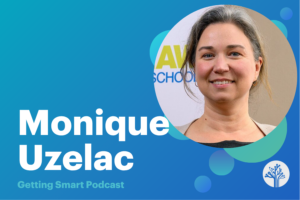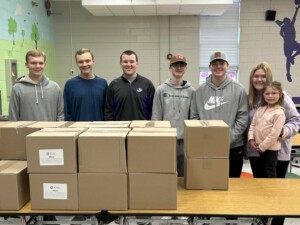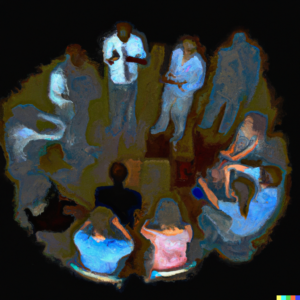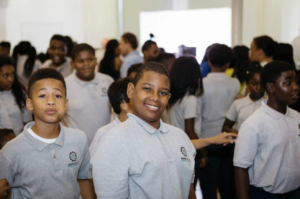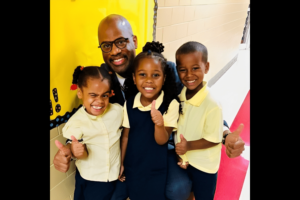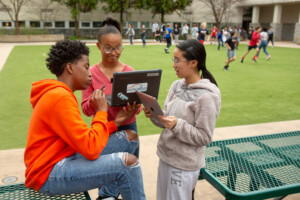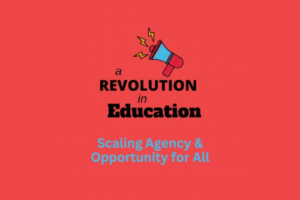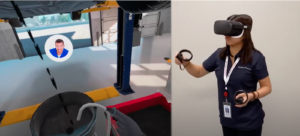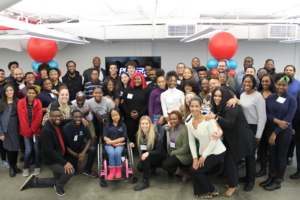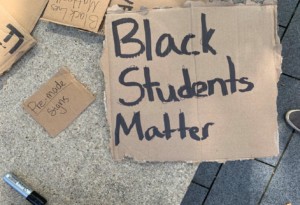Educators Field Guide to Preparing for Web3: 3 Steps You Can Take Today, to be Ready for Tomorrow
Though web3 is still in its infancy, there are trends emerging that can help guide us towards practices that can help us prepare young people for the next generation of the web.
Banking on Food Banks: Rural Alabama High School Hosts and Operates an Essential Community Food Bank
Rural regions in Alabama are among the most food insecure places in America. New partnerships between schools and food banks are one way to combat this challenge.
Purpose and Process to Ignite Intentional Conversations
Intentional relationships fuel intentional conversations - learn how to manifest them in your classroom.
What Educators and Families Should Prioritize in the Age of AI
As technological breakthroughs, analytic methods, and artificial intelligence (AI) rapidly redefine what it means to be educated, they correspondingly transform how we can measure and inform learning and development.
Go Slow to Go Fast: Change Through Focus
One school leader shares their reflections on driving change in a a system that, often, seems unchangeable.
When Preparing Kids for Their Future, Should We Lead with the Destination?
Every educator wants their students to be prepared for the future, but the traditional approach to career readiness isn’t working. There’s a better way.
Viva la Revolución
After recognizing that the current design of school was not working, Chris Unger began his quest to seek out new school designs that far better serve youth and their future. Read about his new book in his latest post.
Career and Vocational Training Gets a Virtual Reality Upgrade
Braden Becknell shares how using virtual reality for career exploration brings careers to life, and puts learning directly in the hands of students.
How to Leave Your Education Job as a Good Steward
Eric Tucker reflects on lessons learned as an educator and as a steward beyond the profession.
The Tide That Binds: Learning from Experience at HBCU’s
HBCUs make up only 3 percent of America's colleges and universities but produce nearly 20% of all African American graduates and 25% of African American graduates in the STEM fields of science, technology, engineering, and math.


